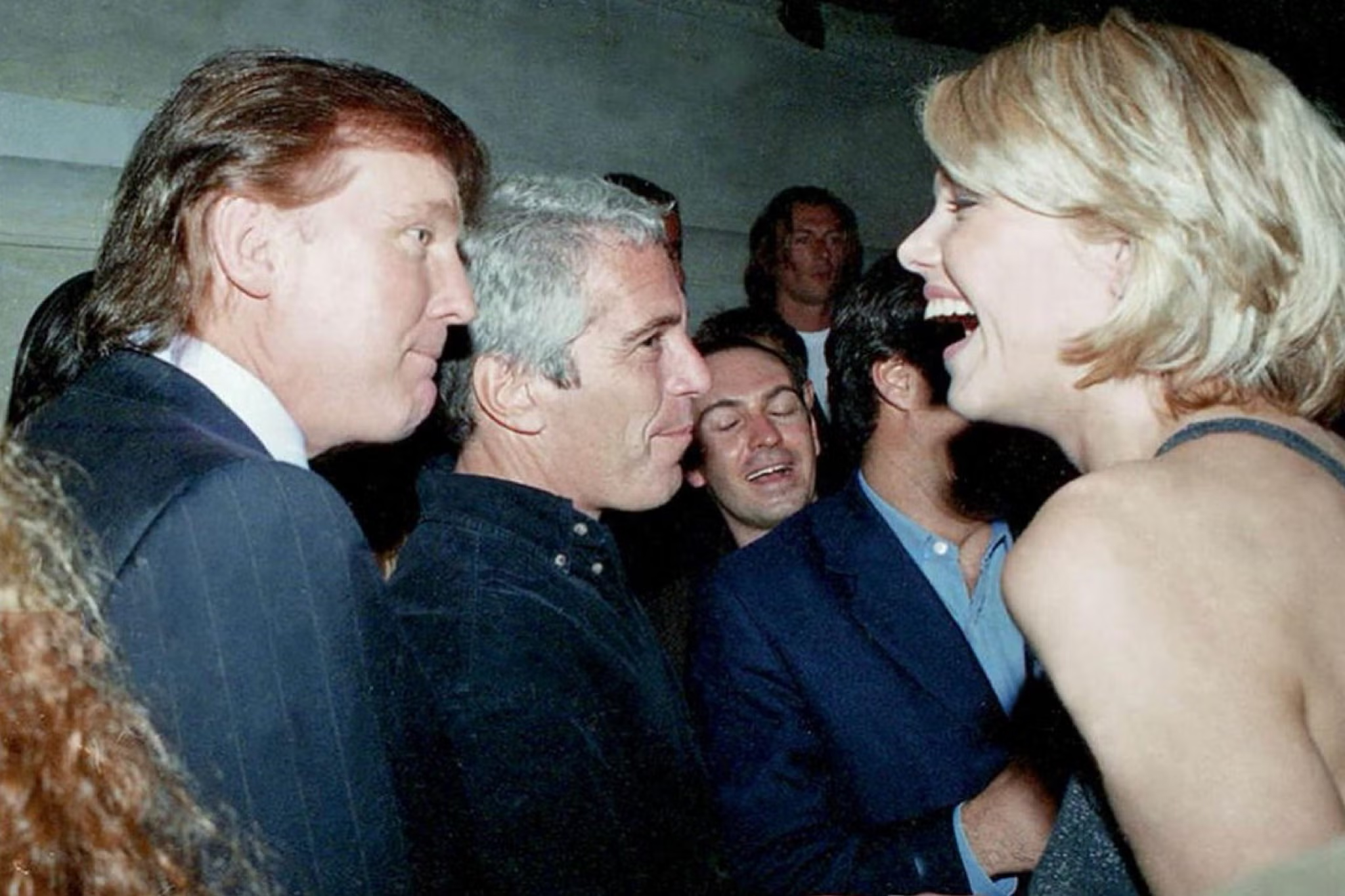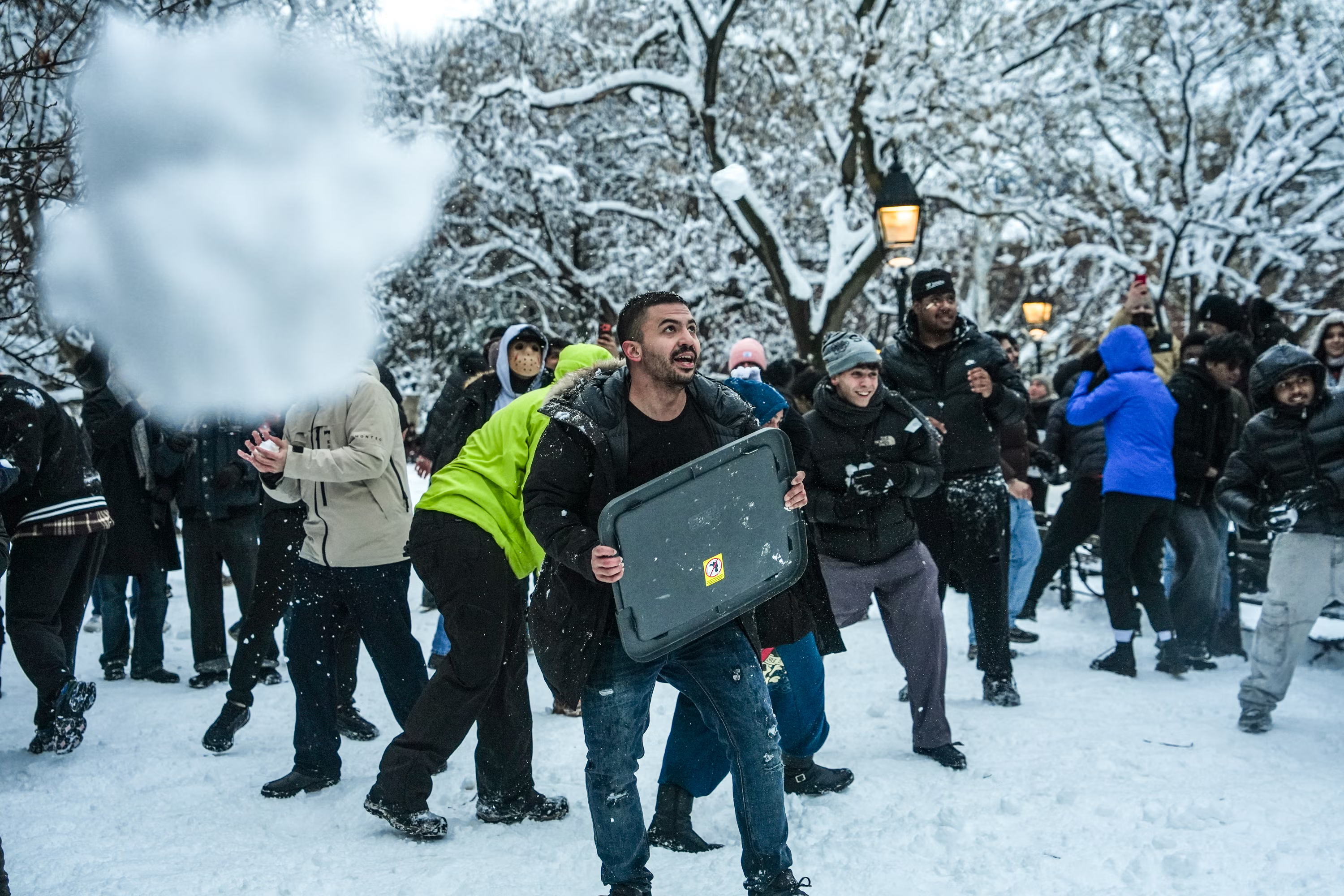Lucy Edwards Mourns Husband’s Suicide After Stillbirth of Twins: Perth Family Faces Unthinkable Grief Amid National Outpouring of Sympathy
PERTH, AUSTRALIA — In a heartbreak that has reverberated across the nation, a young family in Perth is mourning an unimaginable double tragedy. Lucy Edwards is now facing life without her beloved husband, Adam Edwards, who died by suicide in the days following the stillbirth of their twin babies. What began as a hopeful journey into parenthood has ended in sorrow, leaving a community in mourning and shining a spotlight on the profound emotional toll of stillbirth and mental health struggles.
The couple’s story has touched hearts far beyond Western Australia, as it lays bare the raw realities of grief, loss, and the silent suffering so many experience in the wake of devastating life events. While Lucy has courageously begun to speak out, seeking to turn her pain into purpose, the events surrounding her husband’s death are a somber reminder of the urgent need for compassionate mental health support, especially in moments of deep personal tragedy.
A Journey of Hope Turned to Heartbreak
Lucy and Adam had spent months preparing for the arrival of their twin babies. Like many expectant parents, they filled their home with love, plans, and anticipation. Their twin pregnancy, while delicate, had been a journey filled with joy, hope, and careful preparation.
But in the final stages, something went heartbreakingly wrong. The couple learned that both of their unborn children had passed away in utero — a revelation that shattered their world. Lucy was forced to endure a physically and emotionally harrowing delivery, knowing her babies would not take their first breath.
The stillbirth of twins is a grief few can comprehend, and for Lucy and Adam, the emotional fallout was immediate and all-consuming. The couple withdrew into themselves in the days that followed, holding each other close, trying to make sense of the silence that filled what should have been their most joyful days.
A Husband’s Silent Despair
In the wake of the stillbirth, Adam struggled with overwhelming grief. Friends and family say he was deeply impacted by the loss, particularly by the feeling of helplessness — unable to protect his babies or shield his wife from the pain. While outwardly he attempted to be strong for Lucy, those closest to him say he became increasingly withdrawn and quiet.
Mental health professionals have long warned that men often grieve differently than women, sometimes suppressing their emotions or internalizing pain in ways that make it harder for them to seek help. For Adam, the layers of trauma, guilt, and sorrow seem to have been too much to bear.
Just days after laying their twin babies to rest, Lucy awoke to find her husband gone. The emotional shock of losing both her children and her partner in such a short span of time has left her navigating a level of grief few can imagine.
A Grief Shared, A Story Told
Despite the pain, Lucy has chosen to speak out — not for sympathy, but to raise awareness about the invisible emotional injuries that often go untreated after traumatic loss. In a message shared through a family representative, she expressed her desire to make sure no other parent feels alone in the dark.
“We were so ready for our twins. We loved them before they were even here. And I will love Adam for the rest of my life,” Lucy shared. “If our story can help even one person reach out for support, then maybe their pain won’t end the way ours did.”
Her bravery in sharing her family’s story has sparked national and international discussions about men’s mental health, the support needed for families experiencing stillbirth, and how to break the silence around suicide in the context of traumatic loss.
Community in Mourning
The Perth community has rallied around Lucy with an outpouring of support. Vigils have been held, meals delivered, and fundraisers launched to help her with funeral costs and basic living expenses as she begins to rebuild her life in the wake of profound loss.
Neighbors described the Edwards family as kind-hearted, warm, and deeply devoted to each other. “They were one of those couples who made you believe in love,” one friend said. “You could see how excited they were for the babies. To lose all of them — it’s just too much.”
Local faith leaders, grief counselors, and social workers have come together to offer both practical and emotional support, highlighting the strength of community in moments of devastating grief. Mental health advocates have also praised Lucy for shining a light on issues often kept in the shadows.
Mental Health After Stillbirth: An Urgent Need
Experts say stillbirth, particularly involving multiple children, can have severe psychological consequences for both parents — including depression, anxiety, PTSD, and suicidal ideation. For fathers, the risk is often underestimated or overlooked, as societal expectations may discourage open emotional expression.
Dr. Amelia Roberts, a perinatal psychiatrist based in Sydney, noted, “Stillbirth is not just a medical event — it’s an emotional earthquake. It can shake the foundations of identity, partnership, and hope. When support systems fail to engage fathers directly, men can spiral quietly into despair.”
The tragedy has prompted calls for hospitals and maternity centers to expand psychological services to include structured follow-up for both parents after a stillbirth. Organizations such as Red Nose Australia and Sands Australia have been amplifying this message for years, but many say systemic changes are still needed.
A Call for Compassion
In the wake of this tragedy, grief support organizations have stressed that suicide is often the result of untreated pain and should never be viewed as a personal failure. Rather, it signals a systemic gap — in care, awareness, and intervention.
Lucy’s loss has spurred renewed calls for national investment in mental health resources for grieving parents. Advocates are now petitioning government bodies to enact reforms that would include routine mental health screenings for parents after stillbirth and ensure long-term support, rather than brief follow-ups.
Public figures and mental health professionals have joined the call, pointing to this tragedy as a stark reminder of how deeply grief can wound — and how easily it can go unnoticed.
Honoring a Family That Was Meant to Be
In memory of Adam and their twin babies, friends and family have begun organizing a memorial service to celebrate the lives that were and the future that was so full of love and possibility. Lucy has asked that the twins be remembered not for how they passed, but for how fiercely they were wanted and how much they were already loved.
Adam is being remembered as a gentle soul — a man who dreamed of fatherhood, who painted nursery walls with excitement, and who stood by his wife through every medical appointment. His death is not a story of weakness, but of a heartbreak that overwhelmed him.
Their story has moved people across Australia and beyond, with countless messages pouring in from strangers offering words of comfort, prayers, and solidarity. Some have shared their own stories of stillbirth and loss, creating a collective voice against the silence that so often surrounds these tragedies.
The Way Forward: From Grief to Advocacy
Though Lucy’s road ahead will be steep and painful, she has vowed to honor her husband and children by continuing to speak openly about grief, love, and survival. Plans are reportedly underway to launch a grief awareness initiative in their names, one that would focus on early intervention, support networks, and encouraging open emotional dialogue—particularly for men.
“Grief should not be endured alone,” Lucy said. “We need to give people permission to fall apart, and help them find the strength to build back up again.”
Her courage has already made an impact, encouraging others to speak more openly about their own experiences with loss, miscarriage, and mental health struggles. In that way, Adam’s memory — and the brief lives of their twin children — will carry forward as part of a movement to bring compassion, visibility, and hope to those navigating the darkest chapters of life.
A Nation Reflects
As Australia reflects on this heartbreaking story, many are calling it a turning point in how society addresses the emotional consequences of stillbirth and suicide. It has become a moment of reckoning — a reminder that mental health support is not optional in the aftermath of loss, but essential.
Lucy Edwards stands now not only as a grieving widow and mother but as a symbol of resilience. Her willingness to share her family’s pain has sparked difficult, necessary conversations across dinner tables, hospitals, and government offices.
Though nothing can undo what has happened, the legacy of Adam and the twins may very well be the change that prevents another tragedy. In their memory, conversations are beginning. Lives may be saved. And in the quiet, grief-filled corners of the world, someone may finally feel a little less alone.




